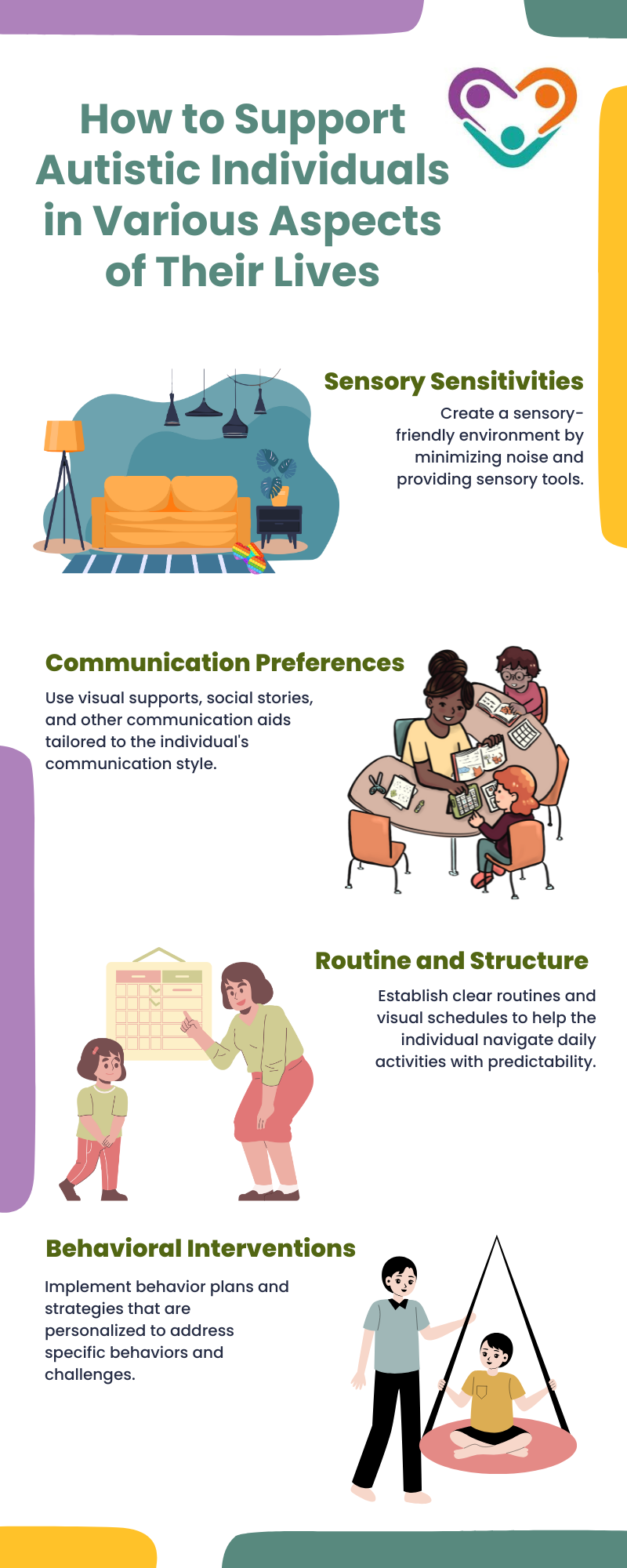Not everyone experiences autism in the same way. While many people associate autism with challenges in social interaction, there are individuals whose experiences don’t fit this common expectation. They may communicate well, form relationships, or feel comfortable in social settings, leaving others wondering if it’s possible to be autistic without noticeable social issues.
This question opens the door to understanding the diverse and unique ways autism can present itself, breaking down stereotypes and offering a broader view of the spectrum.
Can You Be Autistic Without Social Issues?
Yes, it is possible to be autistic without significant social issues, but this depends on how social challenges are defined.
Autism is characterized by differences in social communication and behavior, but these can vary greatly from person to person. Some autistic individuals may have strong social skills or adapt well to social situations, especially if they’ve developed coping strategies or had support.
However, they might still experience subtle difficulties, such as challenges in understanding social nuances, maintaining relationships, or interpreting nonverbal cues, even if these issues aren’t immediately noticeable.
On the other hand, the diagnostic criteria for autism include some degree of social communication differences, which means social aspects are typically part of the condition, even if they are mild or not perceived as problematic.
In such cases, individuals might not see their social tendencies as issues but rather as unique traits. The spectrum nature of autism allows for a wide range of experiences, so while overt social struggles aren’t always present, subtler forms of social differences often are.

The Common Association of Autism with Social Issues
Autism has long been linked with social difficulties, such as challenges in communication, social interaction, and forming relationships.
While these aspects are prevalent in some individuals on the autism spectrum, it is essential to recognize that autism is a multifaceted condition with a wide range of characteristics beyond social concerns.
It is crucial to debunk the stereotypes that confine autism to social issues alone. Each individual with autism is unique, with their own set of strengths, challenges, and interests. By broadening our understanding of autism and moving beyond stereotypes, we can create a more inclusive and supportive environment for individuals on the spectrum.
Social Issues in Autism
Individuals often associate autism with significant social challenges, but it’s essential to recognize that autism is a spectrum disorder with varying characteristics. Let’s look at cases where individuals with autism may exhibit limited social concerns and delve into how they navigate everyday life.
While social difficulties are a common feature of autism, there are instances where individuals on the autism spectrum may not display pronounced social issues. Some individuals with autism may excel in areas such as focus, attention to detail, or specific interests, leading to a lesser emphasis on social interactions.
It’s important to recognize that autism manifests uniquely in each individual, and some may exhibit atypical characteristics or coping mechanisms that mask traditional social challenges typically associated with autism.
For individuals with autism who do not experience prominent social difficulties, navigating daily life may involve focusing on their strengths and accommodating any existing sensory sensitivities or communication differences.
Tailoring support and interventions to cater to individual needs, whether related to sensory processing or specific interests, can enhance their quality of life. By adopting a personalized approach that acknowledges the diverse nature of autism and embraces individual strengths, individuals with autism and limited social challenges can lead fulfilling lives while receiving the necessary support tailored to their unique requirements.
How to Support Autistic Individuals
One of the key principles in supporting individuals with autism is recognizing and accommodating their specific needs and preferences.
Every person on the autism spectrum is unique, with their own set of strengths, challenges, and sensitivities. By taking the time to understand and respect these individual differences, caregivers can provide more effective and meaningful support.
Here are some good examples:

In addition to addressing the specific needs of individuals with autism, it is essential to adopt a holistic approach to autism care that considers the person as a whole. This involves looking beyond just the symptoms or challenges associated with autism and focusing on promoting overall well-being and quality of life.
Tailoring support to individual needs and adopting a holistic approach to autism care helps caregivers and support networks create a supportive and inclusive environment that empowers individuals with autism to thrive and reach their full potential.
The Key Takeaway
Autism is a spectrum, meaning it looks different for everyone. For some, social challenges are a major part of their experience, while for others, these difficulties might not be as prominent. It’s important to remember that autism can show up in many ways, and not everyone will have the same traits or struggles.
Some people with autism may not face the same social issues as others, yet they may have other unique experiences or strengths.
Embracing the diversity within the autism community helps us understand that every individual is different, and that’s what makes each person’s journey valuable and unique. At Golden Care Therapy, we recognize and celebrate these differences, offering tailored ABA therapy in New York to support each individual’s growth and development.
We have a dedicated team of professionals who will work closely with families to create personalized strategies that make a real difference. Reach out to us today to learn how we can help your loved one thrive with our expert services.
Sources:



